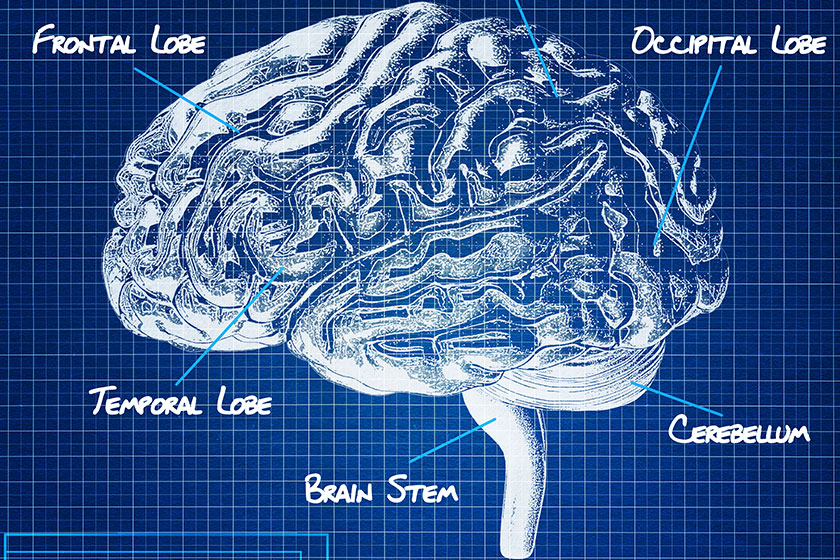Frontotemporal dementia (FTD) primarily targets the brain’s frontal and temporal lobes, the areas responsible for behavior, language, and personality. Discovering that your elderly parents are facing this condition might leave you feeling swamped and uncertain about the future. This piece endeavors to demystify FTD, offering valuable knowledge to aid you in assisting your parents in the most beneficial way.
Recognizing the Symptoms of FTD
Unlike Alzheimer’s disease, FTD usually does not start with memory loss. Instead, it begins with changes in behavior, personality, or language abilities. Early signs may include unusual or inappropriate behavior, difficulty with language, and changes in mood or personality.
Some people may become socially withdrawn, while others may show a lack of judgment or exhibit impulsive behavior. If you notice these changes in your parents, it’s essential to seek medical advice as soon as possible.
Navigating the Challenges of FTD
FTD can be challenging for both the person diagnosed and their loved ones. It’s crucial to understand that these changes are a result of the disease and not a reflection of your parents’ character. Patience and empathy are vital during this time.
One of the challenges you might face is the potential for rapid progression. The speed at which FTD progresses can vary widely from person to person, but it generally tends to progress faster than other forms of dementia. Being prepared for this possibility can help manage expectations and aid in planning for the future.
Providing Care and Support
The most important thing you can do for your parents is to provide emotional support and help manage their symptoms. You can also assist them in maintaining a routine, as this can help provide structure and reduce confusion. It’s also beneficial to engage them in activities they enjoy and can comfortably perform.
If the demands of care become too challenging, or if their health deteriorates, a retirement community specializing in dementia care may be a suitable option. These communities offer a safe environment, professional care, and programs designed to enhance the quality of life for residents with dementia.
Preparing for the Future
FTD is a progressive disease, which means it will worsen over time. It’s essential to have open conversations with your parents about their wishes for future care while they can still make informed decisions. Preparing legally, financially, and emotionally for the future can also alleviate some of the stress and uncertainty that comes with the progression of the disease.
Consider consulting with a legal advisor to ensure all necessary legal documents are in place, like a power of attorney and a living will. Financial planning can also help ensure that resources are available for future care needs.
Having a parent diagnosed with frontotemporal dementia can be a challenging journey. However, with knowledge, understanding, and support, you can help your parents navigate this journey with dignity and grace. Remember, it’s equally important to take care of your own emotional and mental health during this time.
Consider reaching out to support groups or counseling services, which can provide valuable advice and comfort in knowing you’re not alone. Together, you and your parents can face the challenges of FTD and find strength in each other’s love and resilience.





